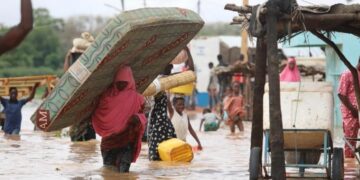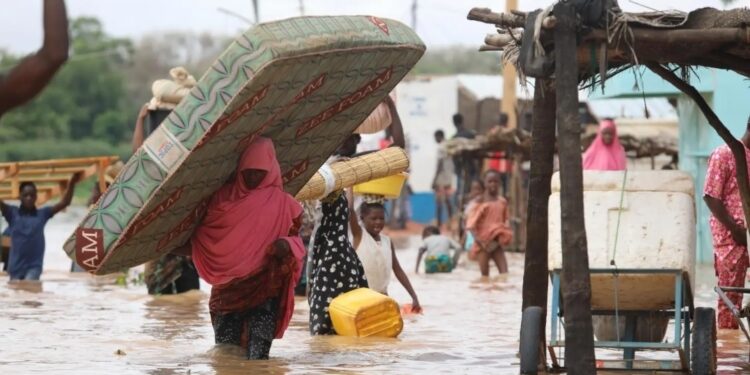By Ebi Kesiena
Nigeria is among the African countries with the lowest levels of climate change awareness, despite the continent facing worsening environmental and weather-related challenges, a new Afrobarometer report has revealed.
The survey, conducted across 28 African nations, showed that, on average, 58% of people across the continent are aware of climate change, equivalent to nearly six in ten citizens.
However, Nigeria stood out for its particularly low literacy on the issue, with only 27% of respondents saying they had heard about climate change. A staggering 73% admitted to having no knowledge of the phenomenon.
The report suggests that this widespread lack of awareness in Nigeria reflects broader shortcomings in national environmental education and government engagement on climate issues, especially as floods, desertification and rising temperatures increasingly affect local communities.
In contrast, Mauritius topped the list with the highest level of climate change awareness, as 83% of its citizens confirmed familiarity with the term. Gabon followed with 79%, while Malawi and Cape Verde recorded 77% and 76% respectively.
Among those who are aware of climate change, concern is high. Eight in ten respondents across all 28 countries surveyed believe that climate change is having a negative impact on life in their countries. Nearly half, 49%, described the situation as “much worse”.
The study also found that a majority of respondents (65%) attribute climate change to human activities such as deforestation, industrial pollution and emissions from vehicles. Meanwhile, 20% blamed natural processes, and 11% cited a combination of both.
Support for climate action remains strong across the continent. The report shows that 82% of respondents support investments in climate-resilient infrastructure, such as improved drainage systems, renewable energy and flood barriers. Additionally, 77% of citizens across the surveyed countries believe that richer nations should be pressured to provide more financial aid to support climate initiatives in developing countries. Around 66% also favour increased investment in renewable energy sources, particularly wind and solar.
Afrobarometer’s findings highlight a growing sense of urgency across Africa about the impacts of climate change, but also expose significant gaps in public awareness, especially in countries like Nigeria. Experts warn that without targeted education campaigns and stronger climate policies, populations will remain vulnerable to the worsening effects of environmental degradation.
The report calls for African governments not only to scale up public education on climate change, but also to engage more actively with international partners to secure funding and technical support for climate adaptation efforts.


































